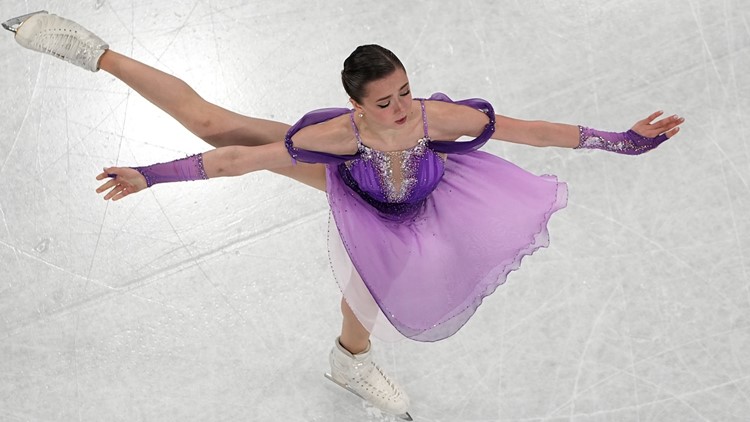Soon after the Russian Olympic Committee won gold in the Team Figure Skating event at Beijing 2022, a World Anti-Doping Agency (WADA) laboratory announced figure skater Kamila Valieva failed a December drug test for a performance-enhancing substance. Although Valieva initially faced an automatic suspension that would keep her out the rest of the Olympics, she immediately appealed to the Russian Anti-Doping Agency (RUSADA) to lift her suspension — which RUSADA granted. That decision has since embroiled the Olympics in controversy because she was still scheduled to compete in one more event: the Women’s Single Skating event.
She finished first in qualifying for the event on Feb. 15, and then finished in fourth in the finals on Feb. 17 — just short of a podium finish.

Rather than force her out of competition, the International Olympic Committee (IOC) announced it would not hold a medal ceremony if she finished on the podium in her event. Many critics of the decision to allow her to continue compared her situation to U.S.
track and field athlete Sha’Carri Richardson, who was unable to compete in the Tokyo Olympics after testing positive for marijuana during qualifiers. Several VERIFY viewers sent text messages and emails asking how the two situations were different, and how Valieva could continue to compete. “Can we get a solid answer on the difference of her situation and mines?” Richardson herself asked in a tweet.
“The only difference I see is I’m a black young.
















